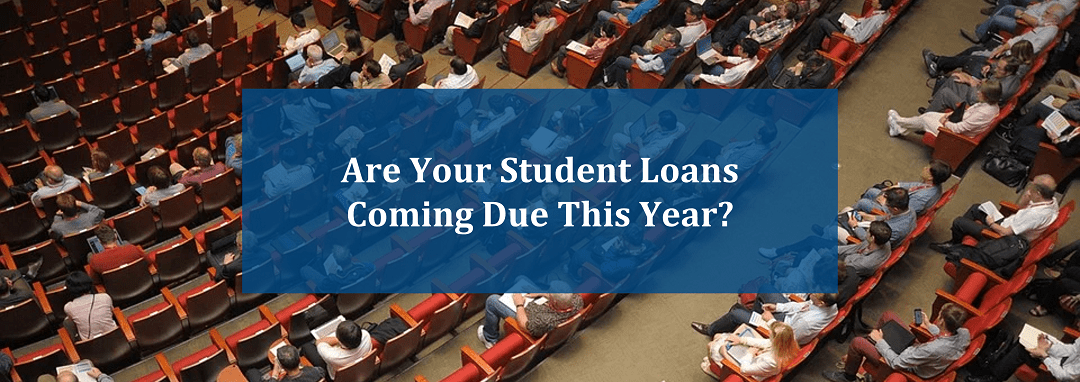Are Your Student Loans Coming Due This Year?

Attending post-secondary education, whether for a certificate, diploma, degree, or post-graduate degree, is a valuable investment. If you can, avoid incurring debt to attend a post-secondary institution. But if you required funding to help invest in your future, you may find your student loans coming due this year.
When Do You Repay Student Loans?
Nova Scotia Student Loans are interest free while you are in school and for an additional 6-month grace period from the last day of the month your studies end. For example, if you complete your studies on April 15th, the grace period begins on May 1st. Repayment obligations then start on November 1st, with your first monthly payment due by November 30th. The standard interest rate for NSSL is a variable rate of Prime + 0.5%.
During the grace period, you will receive documentation from the service provider with repayment obligations. If you are returning to school before the end of the grace period, but not accessing more funding, then you need to submit a Schedule 2 (available at your institution). Once a confirmation of enrolment is received from the school, they extend the interest free status until the new study end date, at which time the grace period begins again.
What if You Can’t Afford to Repay Student Loans?
Both the Federal and Provincial programs offer a Repayment Assistance Program (RAP), an income and family-size tested program designed to adjust the required payment to an affordable level for you. Assistance is granted in 6-month terms, which require a new application each RAP term. While on RAP, any payment is allocated to the outstanding principle. The government pays for all interest accumulated during the term.
Stage 2 of the RAP program kicks in after 10 RAP terms (60 months) or when you have been in repayment for over 10 years. The application and requirements are the same, but not only is interest covered by the government, the difference between your affordable payment and your required payment is paid down by the government. They design these programs to ensure students have paid off debts within 15 years of entering repayment.
Other options include payment deferrals, interest-only payments, and revisions of terms to assist during repayment.
Special Nova Scotia Student Loan Programs
Nova Scotia also offers unique programs, such as the 0% Interest benefit and the Loan Forgiveness Program. The 0% interest program is available only to current residents who have graduated from any designated program. The Loan Forgiveness Program includes forgiveness for NSCC programs.
What if You Default on Student Loans?
When borrowers cannot repay, they transfer loans to Service Nova Scotia Internal Services (SNSIS) for collections. SNSIS uses multiple tools that the service provider does not, including garnishments, liens, and the Revenue Canada Set-off program. The Revenue Canada program claims GST and income tax returns to pay outstanding debt. Repayment Assistance and additional funding is not available to borrowers in SNSIS collections. Rehabilitation is available, providing access to additional funding or Repayment Assistance.
Declaring bankruptcy or submitting a consumer proposal will not eliminate student debt if it has been less than seven years since the end of your studies.
Is your student loan coming due this year? If you need help to navigate debt relief for your student loans, contact us for a free consultation.
